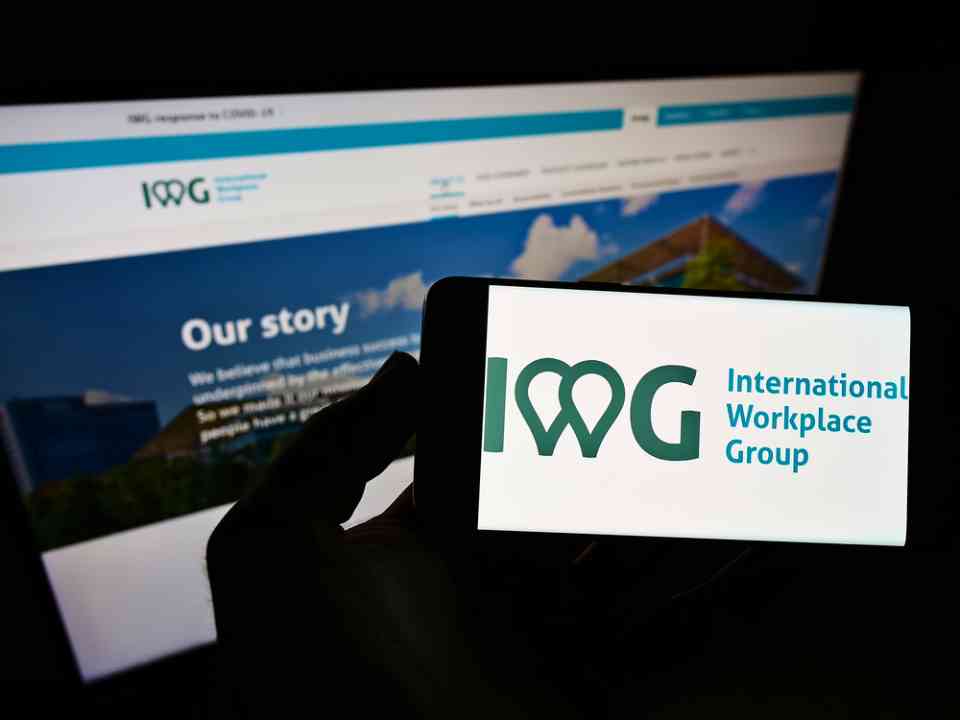IWG Survey: Most CEOs Embrace Hybrid Working for Better Productivity and Staff Retention

A recent survey conducted by the International Workplace Group (IWG) reveals that nine out of ten CEOs have embraced hybrid working models, leading to enhanced productivity and improved staff retention. The survey, which gathered responses from over 500 CEOs in Hong Kong, highlights several benefits associated with hybrid working, including a positive impact on company culture.
Key findings from the IWG survey indicate that nearly 80% of CEOs have observed an increase in employee engagement, while 75% noted more efficient collaboration among colleagues. The shift to hybrid working appears to be fostering a more engaged and cooperative workforce.
In a separate research initiative by IWG, 74% of companies projected that within five years, they would operate under a hybrid model. This underscores the growing acceptance and integration of flexible work arrangements as a standard business practice.
IWG emphasized that flexible work has become a critical factor for many employers. Supporting this, a study by Morgan McKinley, which surveyed 3,500 employees, found that 56% of those working full-time onsite are actively seeking new job opportunities within the next six months. In contrast, this figure drops to 41% for hybrid workers and 44% for fully remote employees. This data suggests that rigid work schedules may drive higher employee turnover.
The IWG survey also revealed that nearly three-quarters (74%) of CEOs do not prioritize a full-time return to the office, recognizing that such a mandate could negatively impact staff retention. Furthermore, 65% of CEOs expressed concerns that enforcing daily office presence could result in losing valuable talent.
In light of these insights, business leaders are increasingly investing in the future of hybrid working. Enhancing hybrid working equipment and facilities has emerged as a top priority, with 43% of CEOs indicating it as their main focus. This investment aims to support and optimize the hybrid work environment, ensuring that employees have the tools and resources needed to perform effectively.
The trend towards hybrid working reflects a broader shift in workplace dynamics, driven by the need for flexibility and the benefits it brings to both employers and employees. As companies continue to adapt, the hybrid model is likely to become a cornerstone of modern business operations, fostering a more dynamic and resilient workforce.
Have you read?
Fastest tanks ever built by Russia.
Impact of Titles on Your Executive Career – Negotiating Job Titles and more!
3 Ways Technology Empowers the Hybrid Work Revolution.
5 Effective Strategies to Reduce Criticism and Captivate Your Essay Readers.
CerebrumIQ Reviews the Average IQ for Managers and Executives.
Bring the best of the CEOWORLD magazine's global journalism to audiences in the United States and around the world. - Add CEOWORLD magazine to your Google News feed.
Follow CEOWORLD magazine headlines on: Google News, LinkedIn, Twitter, and Facebook.
Copyright 2025 The CEOWORLD magazine. All rights reserved. This material (and any extract from it) must not be copied, redistributed or placed on any website, without CEOWORLD magazine' prior written consent. For media queries, please contact: info@ceoworld.biz








